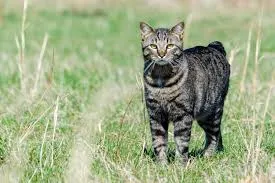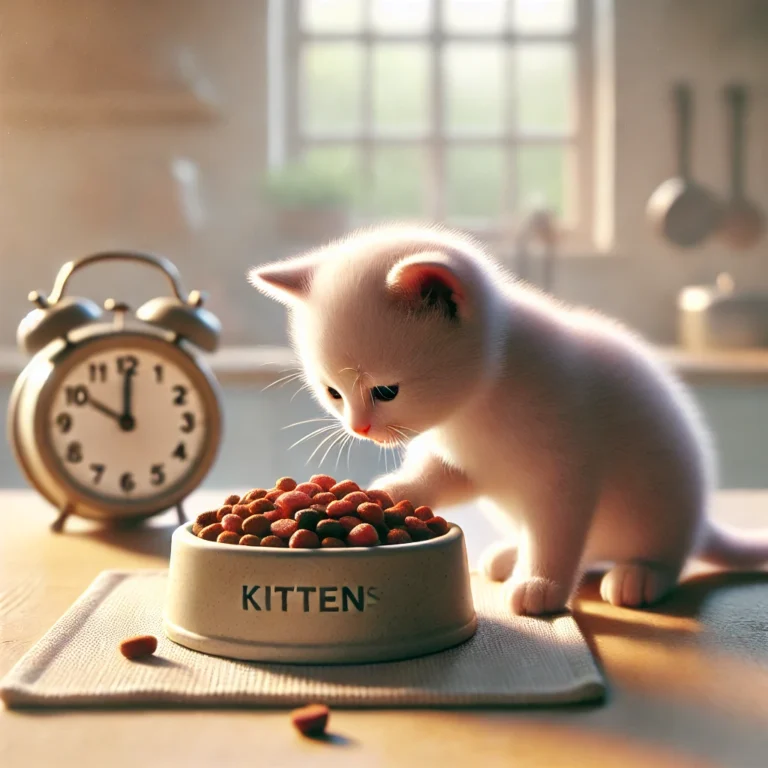what is silver vine plant? an alternative to catnip!
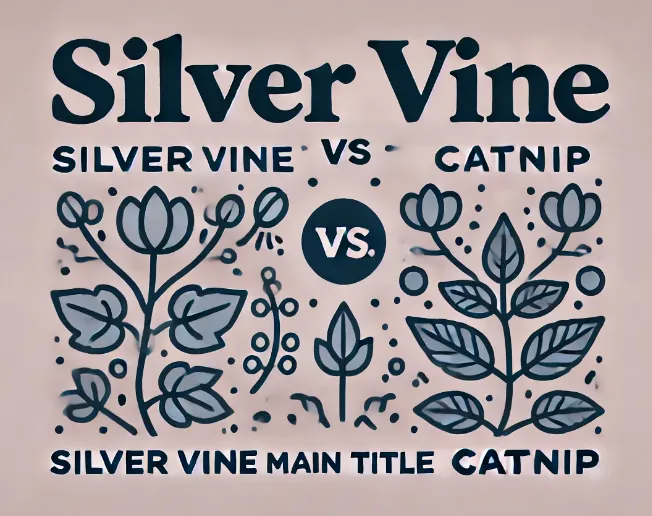
Have you ever wondered what the human equivalent of catnip might be? For our feline friends, the answer might lie in a fascinating plant known as “silver vine”. As more cat owners seek alternatives to traditional catnip, silver vine emerges as a leading contender, packed with excitement and benefits for cats. This comprehensive guide explores what is silver vine, its unique properties, and why it might just be the superior choice for your cat.
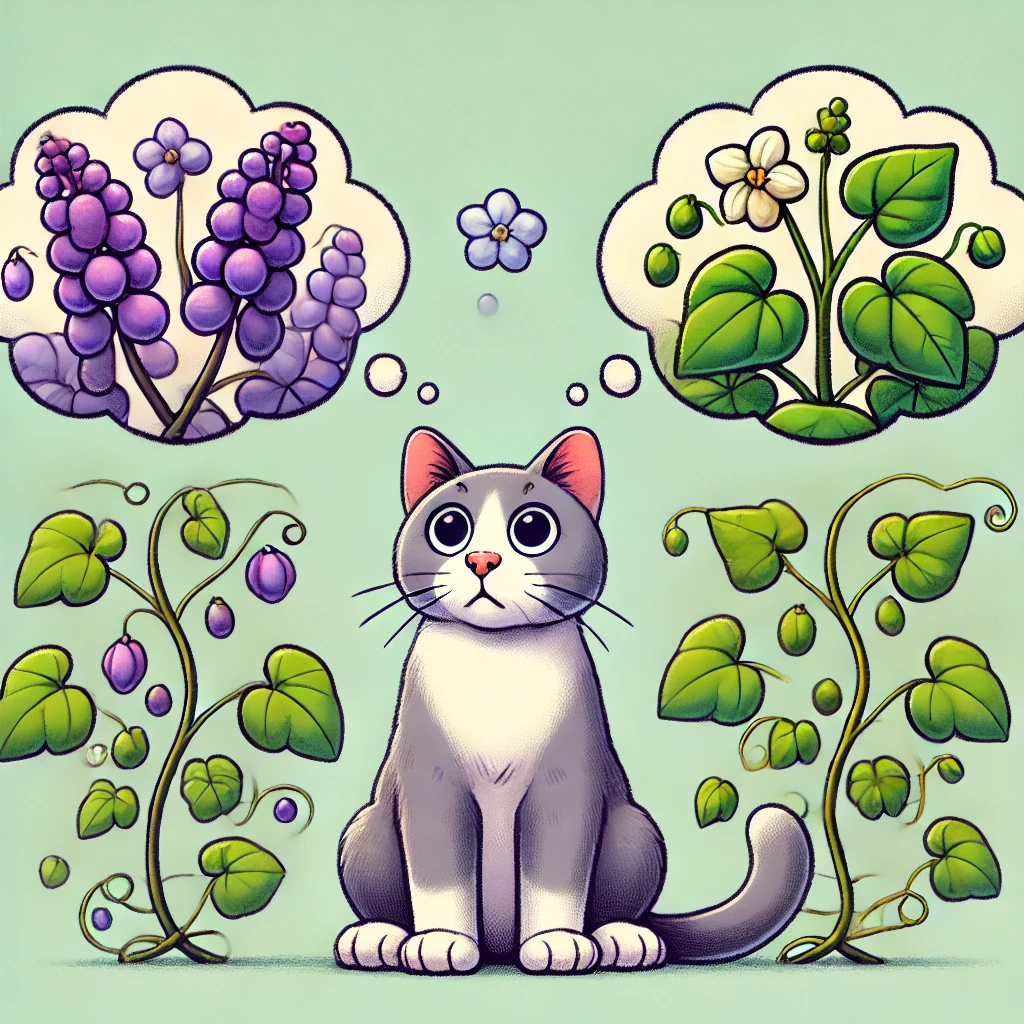
What is Silver Vine?
What is silver vine, you ask? Silver vine, scientifically known as Actinidia polygama, is a climbing plant native to the mountainous regions of East Asia. It’s famed not only for its beautiful foliage but also for its potent effect on cats. Commonly referred to as matatabi, silver vine has been used in Japan and China for centuries, both as a cat enticant and in traditional medicine.
The Science Behind Silver Vine
Silver vine contains two active compounds, actinidine and dihydroactinidiolide, which are believed to stimulate cats’ pheromonic receptors. Cats react to these compounds by rolling, chin and cheek rubbing, drooling, and purring—similar to their response to catnip, but often more intense. This brings us to consider, what is the human equivalent of catnip? Just as caffeine energizes humans, these compounds invigorate our pets.
Benefits of Silver Vine: More than Just a Catnip Alternative
What is silver vine known for besides its stimulating properties? It’s more than just a matatabi alternative to catnip. Here are some specific benefits:
- Enhanced Playtime: Cats enjoy prolonged periods of play, which keeps them physically active and reduces obesity.
- Stress Relief: The euphoric state induced by silver vine can help alleviate stress and anxiety in cats.
- Safe for Consumption: Unlike some catnip products, silver vine is safe for cats to chew on, supporting dental health.
Silver Vine vs. Catnip: A Comparative Analysis
When considering silver vine vs. catnip, it’s important to address the preferences and behaviors of individual cats. While catnip affects roughly 70% of cats, studies suggest that up to 80% respond to silver vine. Here’s a detailed comparison:
Table: Comparing Cat Reactions to Silver Vine and Catnip

Graphical Representation: Effectiveness in Inducing Play
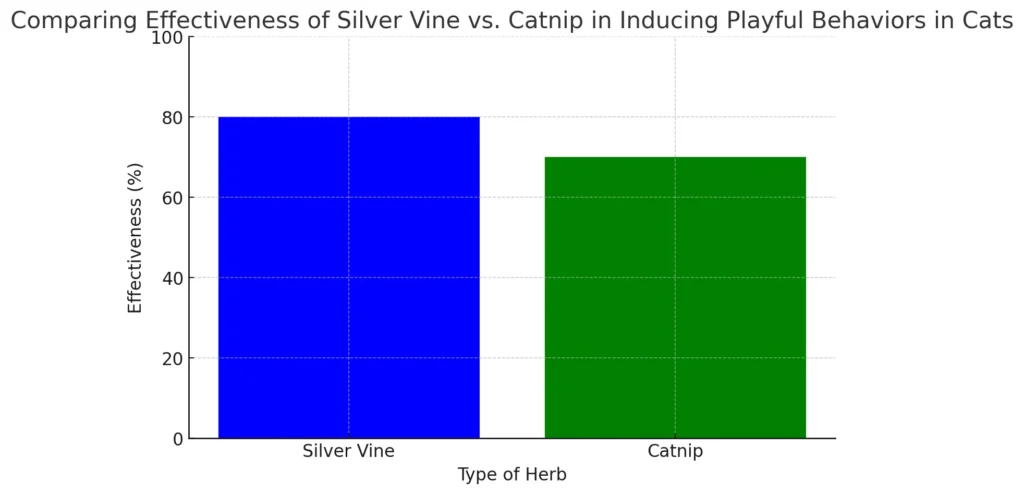
How to Use Silver Vine for Your Cat
What is silver vine‘s best form for your cat? Silver vine is available in various forms, including:
- Sticks/Chews: Matatabi sticks are great for chewing, helping to clean teeth and reduce tartar.
- Powder: Silver vine powder can be sprinkled on toys or scratching posts to entice use.
- Toys Infused with Silver Vine: Many cat toys are now available with silver vine filling for added excitement.
Safety Considerations: Is Silver Vine Safe for All Cats?
While silver vine is safe for cats, moderation is key. Observe your cat during initial exposures to silver vine, especially if they are pregnant or have health issues. Always ensure the products you purchase are pure and free from pesticides or additives.
Do you know?
Are all flowers safe for cats? No. It is a common myth and can cause allergy to cats if not addressed timely.
can a pregnant cat have catnip?
For pregnant cats, the general advice is to use caution. While there is no concrete evidence suggesting that catnip is harmful to pregnant cats, the lack of definitive research calls for a prudent approach. The main concerns with offering catnip to pregnant cats are:
- Overstimulation: Catnip can cause excessive activity. In pregnant cats, too much physical activity or intense reactions could potentially lead to stress or physical strain.
- Hormonal Sensitivity: Pregnancy alters a cat’s hormonal balance, which can affect how she responds to external stimuli, including catnip.
Veterinary Advice
Always consult with a veterinarian before introducing any new element into your pregnant cat’s routine. Each cat reacts differently to catnip, and what’s safe for one might not be for another, especially during pregnancy.
Conclusion: Embracing the Benefits of Silver Vine
In the quest to find the best stimulant for your cat, what is silver vine if not a remarkable, natural option that can enrich your pet’s life? Offering numerous health and recreational benefits, silver vine is an excellent choice for cat owners looking to spice up their pets’ lives. Whether it’s through matatabi sticks, powders, or infused toys, silver vine provides a safe and potent alternative to catnip.
By choosing silver vine, you’re not just giving your cat a treat; you’re enhancing their well-being and nurturing their natural instincts. So next time you ponder what is silver vine, remember it’s more than just an herb—it’s a gateway to feline happiness and health.
What does silver vine do to humans?
Silver vine has limited effects on humans compared to its potent impact on cats. In traditional East Asian medicine, parts of the plant are used for their potential health benefits, such as improving circulation and reducing pain, though scientific research supporting these uses is sparse.
What is silver vine used for?
For cats, silver vine is used as a stimulant to induce playful behavior and euphoria. It’s often incorporated into cat toys, powders, and sticks. In traditional medicine, it has been used to promote health and wellness with various supposed therapeutic properties.
Is silver vine stronger than catnip?
Many cat owners and studies suggest that silver vine can be more effective than catnip, inducing a longer-lasting and more intense reaction in a larger proportion of cats. About 80% of cats respond to silver vine, while only about 70% react to catnip.
Is silver vine safe?
Yes, silver vine is generally considered safe for cats. It’s a natural herb that provides a harmless euphoric experience when used in moderation. However, it’s always a good idea to introduce any new item to a pet’s environment gradually and under supervision.
What does silver vine do for skin?
There’s no widely recognized benefit of silver vine for human skin. Its use in skincare, if any, would be experimental and not supported by mainstream research or dermatological practice.
How long does silver vine last?
The effects of silver vine on cats typically last between 5 to 30 minutes. The duration can vary based on the cat’s individual reaction and the amount of silver vine used. The plant itself, when kept dry and stored properly, can last up to several months without losing potency.
Is silver vine easy to grow?
Silver vine can be relatively easy to grow in the right conditions. It prefers temperate climates and can thrive in fertile, well-drained soil with access to full sun or partial shade. It’s a hardy vine that can grow quite large, so it requires space to expand.
What does silver vine smell like?
Silver vine doesn’t have a strong odor noticeable to humans, but cats can detect its scent. It may have a slight earthy or woody aroma, which is very mild compared to the strong, minty scent of catnip.
Can I give my cat silver vine every day?
While silver vine is safe, it’s best used as an occasional treat rather than a daily supplement. Frequent use can lead to desensitization, where a cat might lose interest or no longer react as strongly to the plant. Moderation keeps the response fresh and enjoyable for your pet.


